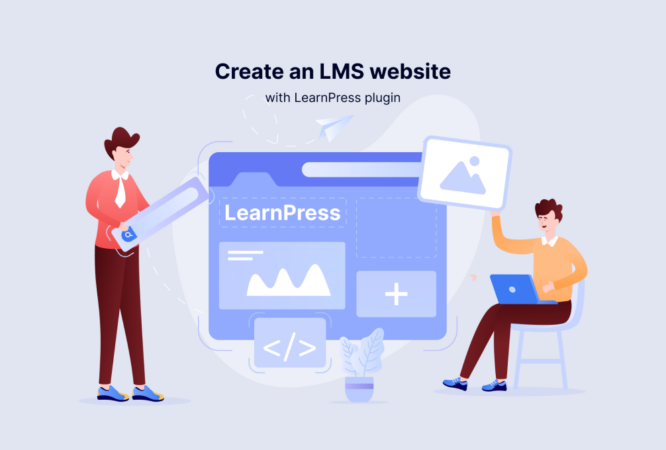Mastering 083 – Python, SQL, Networks for CBSE Class 12

Master CBSE Class 12 Computer Science with this free online course covering Python programming, SQL, databases, and computer networks. This exam-focused course is designed to help students understand computational thinking, coding, and cybersecurity while preparing for Class 12 board exams. Learn Python from basics to advanced, explore file handling, recursion, and data structures, and get hands-on experience with SQL and networking concepts. Perfect for CBSE students, self-learners, and board exam aspirants looking for structured learning and practical coding exercises.
This free online course is designed for CBSE Class 12 Computer Science (Code 083) students, offering a structured and exam-focused approach to mastering Python programming, databases, and computer networks. It includes essential topics from both Class 11 and 12 syllabi, ensuring a strong foundation in computational thinking, programming, SQL, and networking.
Students will start with Python basics (including data types, control structures, and functions) before progressing to advanced concepts like file handling, recursion, and data structures. The course also covers computer networks, cybersecurity, and database management (SQL) to provide a well-rounded understanding of the subject.
With well-structured lessons, hands-on coding exercises, and real-world examples, this course aims to help students build confidence, improve their problem-solving skills, and score high in their CBSE exams. Whether you’re looking to strengthen your programming skills or crack the Class 12 board exams, this course has got you covered.
Curriculum
- 5 Sections
- 24 Lessons
- 20 Weeks
- Unit 1: Computational Thinking and Programming - 1 (Class 11 Topics)This unit introduces Python programming from the ground up. Students will learn about data types, variables, operators, control structures (if-else, loops), and functions. The focus is on problem-solving and writing efficient code. The unit also covers Python data structures like lists, tuples, sets, and dictionaries, ensuring a solid foundation for programming.9
- Unit 2: Computational Thinking and Programming - 2Expanding on Python fundamentals, this unit dives into advanced programming concepts. Topics include functions, file handling (text, binary, and CSV files), recursion, and data structures (stacks and queues). Students will develop skills in writing modular, reusable, and efficient code, crucial for both exams and future programming endeavors.5
- Unit 3: Computer NetworksThis unit explores how computers communicate, covering network fundamentals, types, topologies, devices, and protocols. It also includes internet technologies, cybersecurity, and ethical aspects of digital communication, ensuring students understand how data is transferred and protected online.5
- Unit 4: Database Management SystemsA deep dive into databases and SQL, this unit teaches students how to store, retrieve, and manipulate data efficiently. Topics include SQL queries, functions, joins, and subqueries, helping students understand how databases power modern applications.3
- Unit 5: Society, Law, and EthicsThis unit focuses on the impact of technology on society, covering topics like cyber threats, digital footprints, intellectual property rights, and data privacy. Students will learn to navigate the digital world responsibly and securely while understanding legal and ethical considerations.2

You might be intersted in
- 0 Students
- 10 Weeks
- 0 Students
- 10 Weeks
- 0 Students
- 10 Weeks
- 0 Students
- 10 Weeks




